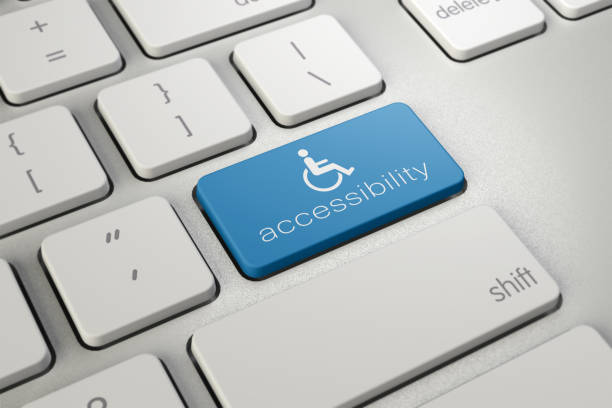image by www.istockphoto.com/portfolio/alexsl?mediatype=photography
Amazon, Skip the Dishes, BC Transit, Brightspace, Online Banking, Instagram…these are just a few of the sites I visit on a weekly basis. This doesn’t even include booking appointments, checking test results or selling something online. As the world is becoming increasingly more reliant on the web as an important resource, shouldn’t everyone have access to information and services regardless of a disability?
I write this like I’ve spent a lot of time advocating for people who don’t have the same access to the web as I do. The fact is, I haven’t. I have naively assumed there is some talk-to-text device installed, or descriptive video option for every site, for those that need these adaptations . Wrong. This article opened my eyes to that misconception.
What I do know is the feeling of leaving your phone at home – panic, lost, disorganized, it’s like your whole life goes on pause until you reunite with your technological appendage. I imagine this feeling of disorientation is perhaps the norm for people who are limited to web access when it only caters to the able.
I inferred from the article that there are some mandatory rules for web accessibility that need to be followed, but ultimately, a user-focused approach is the best practice. Perhaps a steering committee of individuals with various disabilities that have faced challenges using the web? Not to mention those in rural areas, developing countries or those who simply aren’t attached to their phones – my Dad, case in point. At 74, he thought he was a technological whiz just downloading his vaccine passport – that was after a rant about what do people do if they don’t have a phone etc. etc. The thing is there are more citizens than we realize that are restricted due to web accessibility. They shouldn’t be forced into social exclusion because of ignorance or assumptions.





